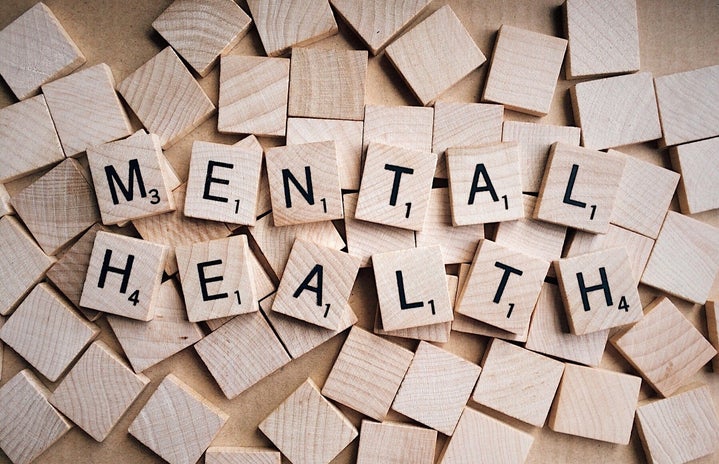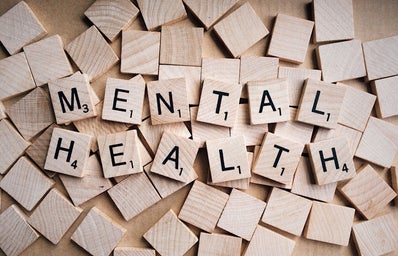Gen-Z ranked highest in average stress levels in America in 2021. Numbers do not look to be going down anytime soon either as this age group is currently entering the workforce during an economic recession. Mental health and mental illness are major topics of discussion among Gen-Z, especially following COVID-19 and the political turmoil of the past few years. What is not talked about enough among this generation, however, is how mental health and gut health work in tandem, and to improve your mental health you must improve your gut health as well.
Mental illness is a lifelong battle for those who struggle with any form of it. There are many external factors that affect it, but mental health itself comes down to chemicals in one’s brain. Serotonin is a neurotransmitter that mediate satisfaction, happiness and optimism and is found to be reduced in individuals with depression. The main function of most modern anti-depressant drugs, or serotonin reuptake inhibitors (SSRIs), is increasing the amount of serotonin available to one’s brain, therefore increasing one’s happiness.
People turn to anti-depressants when their brain is not producing enough serotonin on its own and do not realize one very important fact: 95% of the body’s serotonin is produced in the gut. Diversifying your gut microbiome will help your gut bacteria produce more serotonin in addition to other neurochemicals. This will help raise happiness levels and regulate many other psychological and mental processes such as memory and learning.
This is great news for people who do not have luck on anti-depressants or those who experience major symptoms from their prescription. A diverse gut microbiome does not require any type of drug or prescription; it requires a diet of colorful foods rich in pro- and prebiotics, exercise and plenty of sleep.
Mixing up your diet is one of the most important aspects of having a healthy and thriving gut microbiome. This can be hard to do for Gen-Zers because most of this generation live independently and buy groceries for themselves. Buying a wide variety of produce is not cost-effective because fruits and vegetables end up going bad before they are eaten. A way to diversify your gut microbiome while not buying too many groceries is to focus on certain fruits and vegetables each week. Making sure you do not get in the habit of eating the same fruits and veggies every week will ensure new gut bacteria are entering your gut microbiome.
Exercise is an amazing tool to improve mental health. Not only does it release endorphins in the brain, which reduces stress and improves mood, but it also induces positive changes in the gut microbiome. Having a diverse gut microbiome also improves exercise performance, so exercising and gut health are in a symbiotic relationship where they improve each other.
Similar to to the exercise and gut health symbiotic relationship, having a regular sleep schedule improves the gut microbiome while having a healthy gut microbiome also improves sleep. Prioritizing sleep is tremendously important for improving mental health and gut health, and in turn sleep improves once it is prioritized.
Pro- and prebiotics are naturally occurring, non-digestible food components. They are associated with promoting helpful gut bacteria in our bodies, and are important aspects of our diet. They are found in fermented foods like yogurt, kimchi, sauerkraut, etc. They can also be taken in supplement form and are vital to having a healthy gut.
Alcohol is a major inhibitor of healthy bacteria growth in the gut. This is an area where Gen-Z is majorly affected because most people in this generation are beginning to go to college, turn 21, or move out to live on their own, and they have more freedom to drink. This is dangerous because one night of heavy drinking can wipe the gut microbiome clean of a lot of the healthy bacteria that was growing. “Hangxiety” and “Sunday scaries” refer to the anxiety and depression that come the morning after a night of drinking and are popular terms with Gen-Z.
To avoid experiencing such a crash in mental health, making sure to replenish gut bacteria after drinking is so important. Even simple things like drinking a kombucha or doing light exercise can make such a difference. Trading beer and liquor for red wine can also help as gut health has been shown to be improved in individuals who drink red wine moderately.

